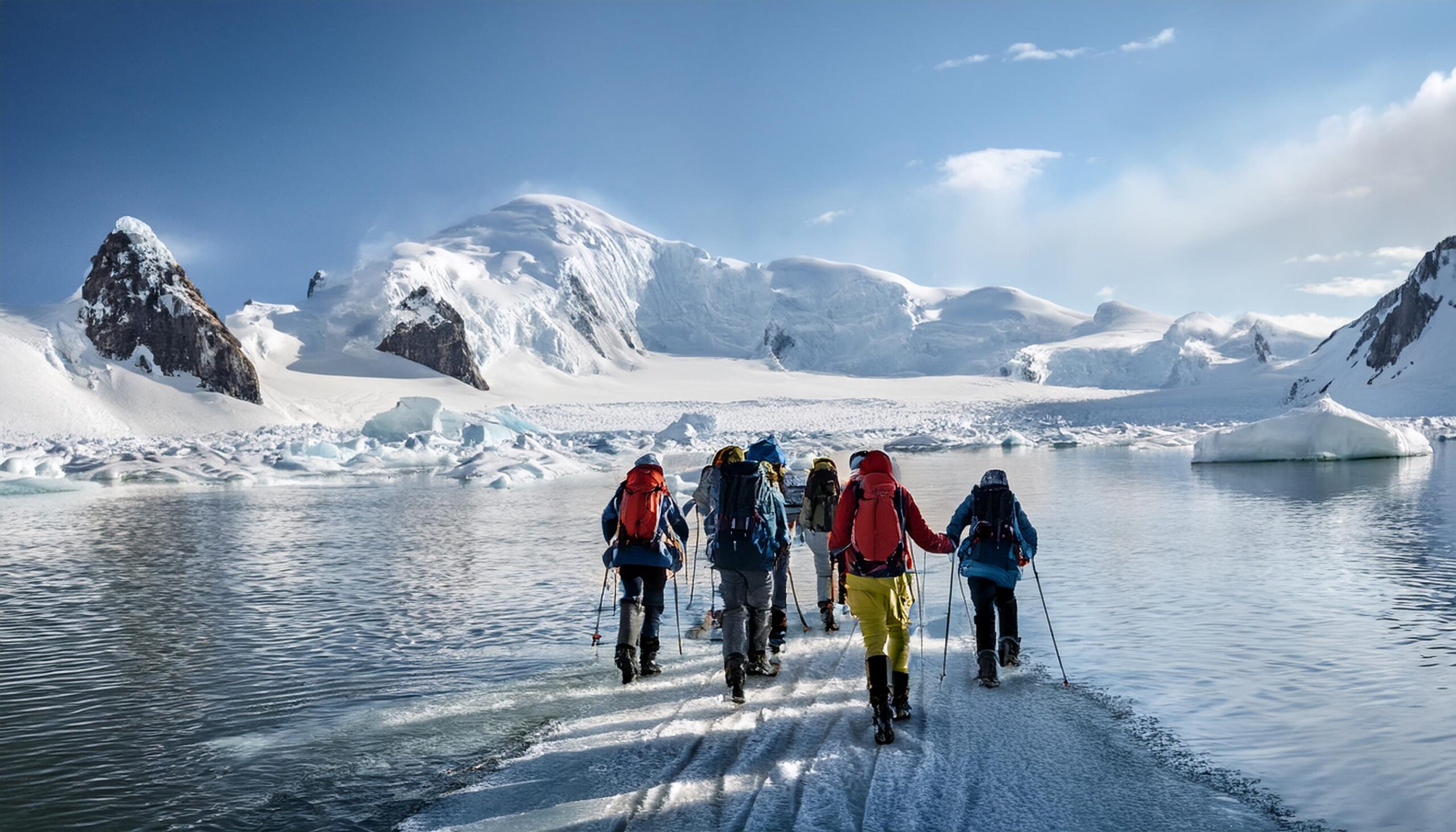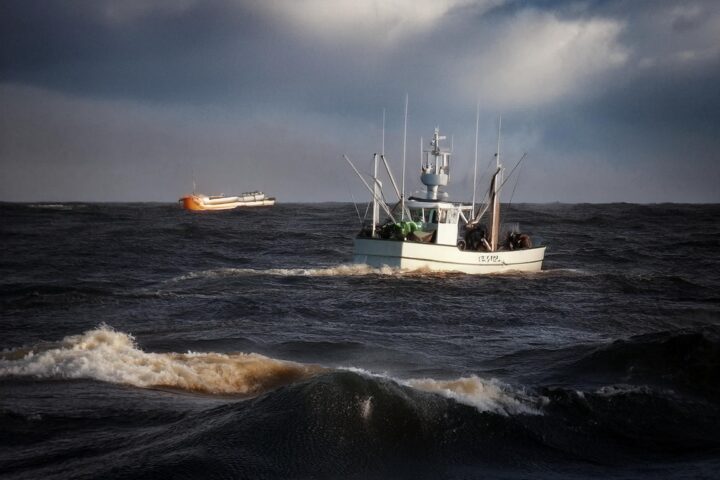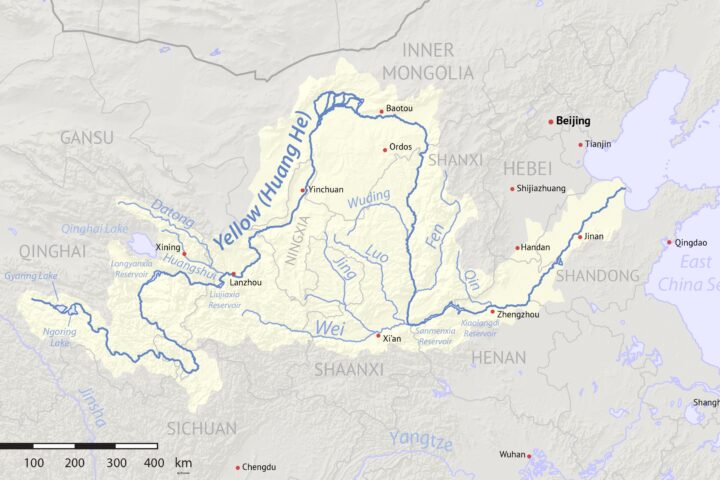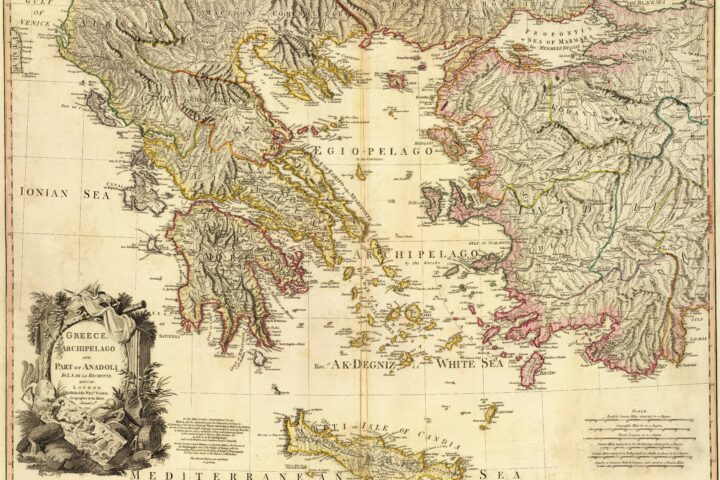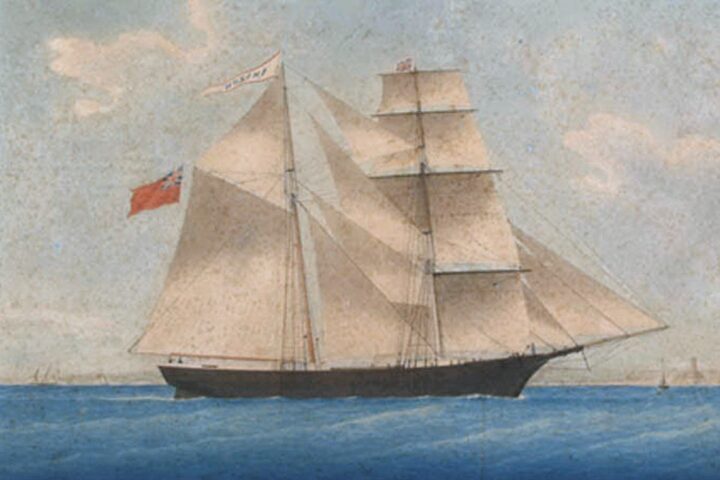Source: Firefly_ AI generated_Regulate surging tourism in Antarctic
Introduction
Long considered a bastion of unspoiled wilderness, the pristine, icy continent of Antarctica is open and warming in a world of increased access and an insatiable global hunger for adventure. This has created a boom for the industry as well as equally significant geopolitical issues. The present paper discusses the critical dimensions of Antarctic tourism, starting from environmental repercussions toward economic effects, exploring the geopolitical challenges and looking for the future fate of this most delicate ecosystem.
Environmental Impacts of Antarctic Tourism
One of the major concerns in relation to Antarctic tourism is its likely impact on environmental sustainability. Human impacts can still shine through this sensitive destination despite the strict regulations.
- Pollution: Ships and research stations produce sewage, oil spills, and solid waste, which may have a negative impact on the very clean environment of Antarctica.
- Habitat Disruption: Activities such as landing on ice shelves and visiting certain areas are a definite disturbance to wildlife, including their habitat disruptions and fragile ecosystems. In addition, this industry has contributed some of the greenhouse gasses that augment climate change, which has led—among other things—to pronounced environmental changes in the white continent: glacier melting and proportionately increasing sea levels.
- Invasive species introduction: Human activities such as equipment and personnel transfer may accidentally introduce invasive species where the native ones are outcompeted by these introduced ones thus causing disturbance to the ecosystem.
- There have been international regulations and guidelines developed to reduce these environmental risks, one of which is the Antarctic Treaty and the Protocol on Environmental Protection to Antarctica. There has still is a challenge to implementing and enforcing these regulations in very remote areas
Economic impact of tourism in Antarctica
Scientifically, Antarctic tourism has emerged as a significant economic activity in recent years for several countries, mainly for those having research stations and tourist infrastructure. But always economic benefits are to be weighed against the environmental costs.
- Revenue Generation: The revenue generation through visitor fees, accommodation, and related services leads to economic benefits for the country which permits it.
- Employment Generation: Tourism leads to employment generation in the country for people in transportation, lodging, and related research.
- Infrastructure Development: Infrastructure including airports, research stations, and tourist facilities were put in place in the nations for tourist accommodation.
- Economic Dependence: Some countries have slowly been depending on Antarctic tourism, a factor that has raised concerns about economic vulnerability in case the industry declined .
Mainly significant strong economic inputs from tourism are all well and good. But it also has to be made sustainable, not to the detriment of the long-term health of the Antarctic ecosystem.
Geopolitical Challenges of Antarctic Tourism
The unique character of Antarctic as a continent without territorial claims has been worked out through the signing of the Antarctic Treaty. With the advance of interests in the region, there is an increasing form of geopolitical tension and the way that relationships are developed with different economies.
- Sovereignty Disputes: Previous disputes on the specific regions of the area-including the eastern part of the Ross Sea and the Weddell Sea-reached an agreement that in no way should the area be allowed to claim its territory; however, a far reaching dispute can emerge.
- Resource Exploitation: Antarctica is a storehouse of resources like minerals and fisheries. Though the Antarctic Treaty does not permit doing so many prospective interests of the future are at these resources. However, that might cause conflicts.
- Strategic Importance: The strategic space of Antarctica, in terms of different shipping lanes and communication networks, has attracted several countries. This very political interest can cause complications for environmental convection efforts of the continent.
- International Cooperation: International cooperation is the remedy for the issues linked to Antarctic tourism. However, it may be hard to come to an agreement between disparate countries, more so when interests go in different directions.
The Future of Antarctic Tourism
The future of Antarctic tourism may seem ambiguous, but the changing dimension in the environmental, economic, and geopolitical challenges is very relevant.
- Sustainable Tourism: Sustainable tourism has to be encouraged, meaning those practices that do not have a toll on the environment and local communities.
- International Governance: International governance mechanisms should be further strengthened in the Antarctic treaty system to protect the environment of Antarctica.
- Scientific Studies: There should be continuous ongoing research work to entirely comprehend the implications of tourism and climate change on the Antarctic environment.
- Public Awareness: Public awareness regarding the significance of the preservation of Antarctica and the complications related to this area by the tourism industry is in need of an awareness campaign.
- A responsible attitude towards Antarctic tourism can thereby balance economic benefits with the need for preservation of this unique and fragile ecosystem.
Balancing Economic Interests and Environmental Protection
The future of Antarctic tourism lies in a balanced merging of economic interests and environmental protection. Sustainable practices should be developed and employed at every level in the industry so that, as the industry continues to grow, negative impacts on the fragile Antarctic ecosystem can be minimized.
- Sustainable Tourism Practices Promotion: It may be minimizing the amount of waste produced, the level of disturbance to wildlife habitats, and the benefit to the surrounding local communities. It is, therefore, imperative that stringent environmental laws be applied, with adherence being verified.
- Investment in Green Technologies: Adoption of such eco-friendly technologies as hybrid or electric-powered vessels will go a long way in reducing the carbon emissions being emitted by the industry.
- Enhancing Visitor Education: The tourists should be educated on the significance of preserving the outstanding environment in Antarctica. Providing thorough information on how a tourist should conduct himself or herself can assist the visitor to have responsible behavior.
Strengthening International Cooperation
The Antarctic Treaty System operates as an international cooperation tool in the region. However, challenges still remain on successful measures of implementation and control.
- Continuously review and update the Antarctic Treaty in accordance with new emerging challenges so that it does not become outdated.
- Weak enforcement mechanisms: Strong enforcement measures like inspection, imposition of penalties, and dispute resolutions be devised as a measure to discourage illegal activities.
- Cultivate International Cooperation: Encourage collusion among nation members that have signed the Antarctic Treaty to facilitate the spread of information, resources, and actions in unison to conserve the area.
Invest in scientific research
Scientific research helps in understanding the Antarctic ecosystem and human activities with impacts. Hence, the importance of investing in scientific research continuously will therefore support informed decision-making.
- Logistical and Financial Support for Scientific Expeditions: This would contribute to an increase in expertise regarding the Antarctic environment.
- Facilitate International Collaborations: International collaboration in carrying out science research will be helpful in knowledge sharing and speeding up scientific progress.
- Technology: Easily implementable technology includes satellite images and drones, which can be used to improve the process of capturing and monitoring data.
Public Awareness
This is important. It works to create public interest in supporting any other relevant conservation issues and responsible tourism in the Arctic.
- Stakeholder Engagement: This will entail the engagement of governments, NGOs, and the public to raise awareness and come up with a consensus.
- Utilization of Social Media: Using social media in information dissemination and public interaction can be so helpful in creating awareness.
- Sponsoring Educational Programs: Making matters relating to Antarctic conservation part of the education program will help inform the young on conservation measures to protect the region.
Conclusion
It can shape sustainable practices, further strengthen international cooperation, invest more in science research, and drive improved public awareness—all of which can ensure that the industry is not only responsible but continues to be a rewarding experience for the populations of the future. Antarctica is pristine and fragile and should therefore be accorded our most cautions and protective treatment possible.
Sources:
- https://r.search.yahoo.com/_ylt=AwrKBVS9dcVmmgQA79a7HAx.;_ylu=Y29sbwNzZzMEcG9zAzIEdnRpZAMEc2VjA3Ny/RV=2/RE=1725426365/RO=10/RU=https%3a%2f%2fwww.tandfonline.com%2fdoi%2ffull%2f10.1080%2f09700161.2024.2311484/RK=2/RS=Yr1YvbD.ulWM95LjO1kjRd_05_0-
- https://r.search.yahoo.com/_ylt=AwrKBVS9dcVmmgQA8Na7HAx.;_ylu=Y29sbwNzZzMEcG9zAzMEdnRpZAMEc2VjA3Ny/RV=2/RE=1725426365/RO=10/RU=https%3a%2f%2fwww.nature.com%2farticles%2fd44151-024-00097-5/RK=2/RS=NFU165KC6oO1VDuO_bsBSQcqd8c-
- https://r.search.yahoo.com/_ylt=AwrKBVS9dcVmmgQA99a7HAx.;_ylu=Y29sbwNzZzMEcG9zAzQEdnRpZAMEc2VjA3Ny/RV=2/RE=1725426365/RO=10/RU=https%3a%2f%2fwww.sciencedirect.com%2fscience%2farticle%2fpii%2fS026151771000052X/RK=2/RS=3DAyIIM56ozkeb5CtCc6LSYbZ0Y-

